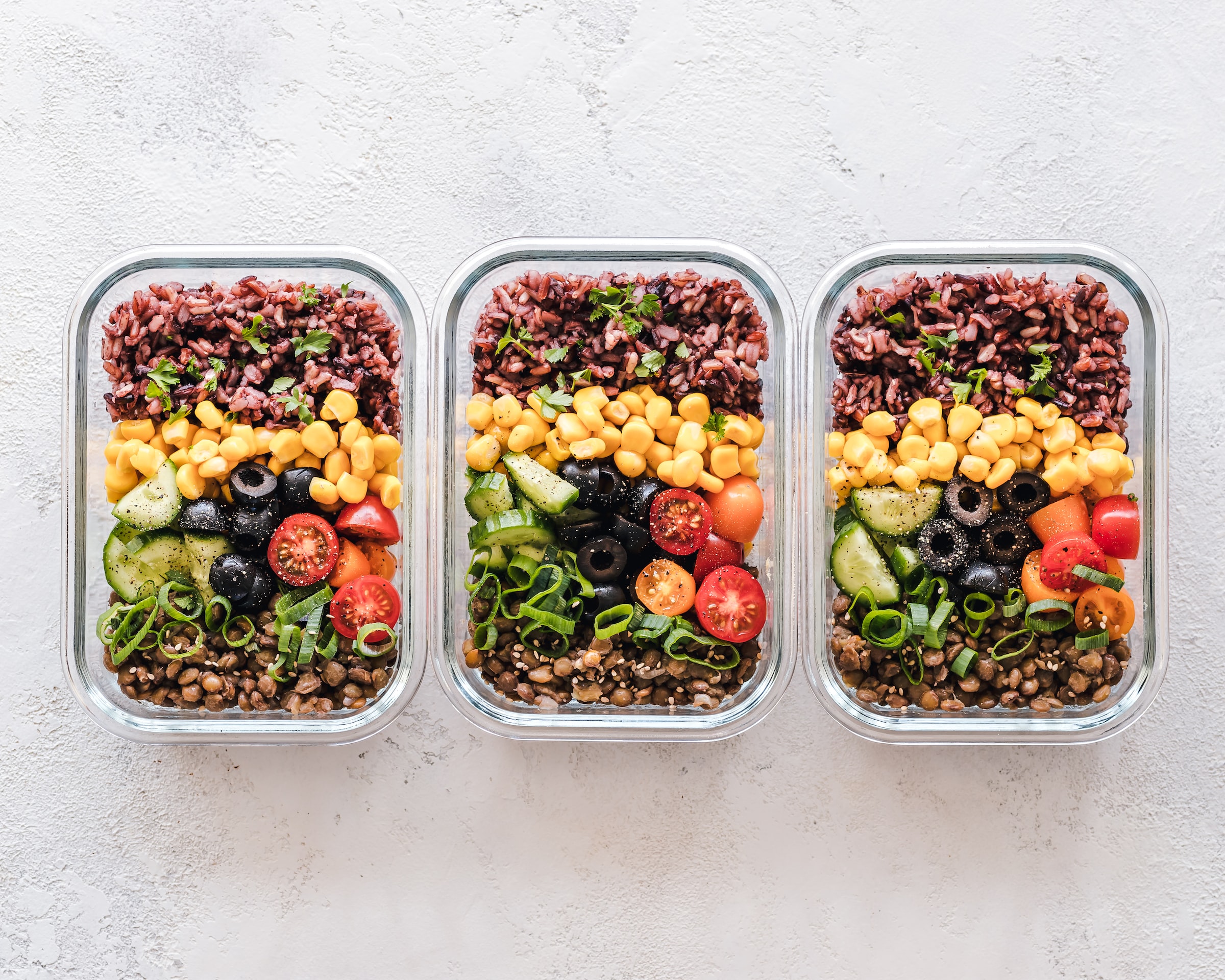
Food&Drink writer Eleanor Howson elaborates on the debate surrounding free school meals, kickstarted by Marcus Rashford
Due to the unprecedented situation this summer, Marcus Rashford (a Manchester United and England footballer) campaigned for free-school meals to be extended into the summer holidays for children. With success, Rashford’s petition influenced the government to prolong the scheme. In turn, approximately 1.3 million children in England were able to apply for free-school meal vouchers throughout the summer. However, this October the basic nutritional needs of children became politicised once again when Rashford pressed for the government to continue the scheme into the October half-term holiday. In contrast to the campaign result in the summer, MPs rejected the motion.
“Is it possible that there is just not enough money to spend on free-school meals?
Robbie Meredith, a News NI Education correspondent, reported that the Department of Education predicts that the extension of free-school meals to the school holidays would cost over £17m per year. Is it possible that there is just not enough money to spend on free-school meals? Undoubtably, the government’s borrowings in 2020 have been unparalleled to previous years. Faisal Islam (an Economics editor for the BBC) highlights that ‘government finances are now very sensitive to even relatively small rises in the rate at which it borrows.’
In Birmingham, approximately 61,000 children rely on free-school meals. Although the free-school meal scheme extension was not granted by the government, Birmingham City Council decided to issue free-school meal vouchers to those who were eligible in the October half term anyway. For Matthew Hancock, the Secretary of State for Health and Social Care, ‘it’s councils who know best on the ground,’ suggesting that it should be the councils who are responsible for the application of free-school meals.
“It is heart-warming to see communities working together
However, the city council were not alone in their efforts to provide meals for disadvantaged children; numerous Birmingham independent business joined the movement to end food poverty including, The Boogie Shed, Manjaros, The Station, Why Not Coffee, Midland Mencap, Changes UK, Weoley Castle Community Church, Katrinas Hair and Beauty and many more. However, should child poverty be the responsibility of small businesses? Bethany Dawson, a writer for the Independent, shares that whilst it is heart-warming to see communities working together, it should be seen as a disgrace that it is the businesses that have endured some of the hardest financial implications this year that have ‘had to scrape together what little they have to do what the government refuses to.’
In a time when more children in England may need free-school meal support than ever before, who should be responsible for ensuring that children don’t go hungry?
Hungry for more? Check out these articles from Food&Drink:
EU Debate Over Labelling Meat Alternatives
Comments